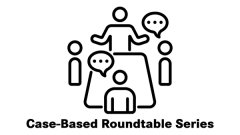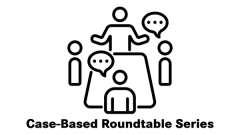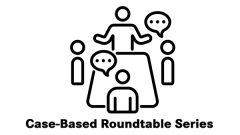
Advice for Managing Adverse Events of Sacituzumab Govitecan in TNBC
Ruta D. Rao, MD, discusses her approach to managing adverse events associated with the antibody-drug conjugate sacituzumab govitecan in patients with metastatic triple-negative breast cancer.
Episodes in this series

Ruta D. Rao, MD, director of Coleman Foundation Comprehensive Breast Cancer Clinic, medical director of Rush University Cancer Center, and associate professor at Rush Medical College, discusses her approach to managing adverse events (AEs) associated with the antibody-drug conjugate sacituzumab govitecan (Trodelvy) in patients with metastatic triple-negative breast cancer (TNBC).
Rao says that one of the most common AEs of concern is neutropenia, which can be managed with granulocyte colony-stimulating factors. Sacituzumab is given on days 1 and 8 of a 21-day cycle, so Rao often gives pegfilgrastim (Neulasta) after day 8 if patients have low neutrophil counts, which gives them 2 weeks to recover before day 1 of the next treatment cycle. This prevents the need for dose interruption so patients can receive the next dose on schedule. Some patients become neutropenic before day 8; Rao says these patients require daily filgrastim (Neupogen) for 3 or 5 days after day 1, but this is less common.
Other common AEs include nausea, vomiting, and diarrhea. According to Rao, patient education is critical so patients can recognize symptoms of serious AEs. She also works with pharmacists to provide antinausea medications and provide patients with loperamide (Imodium) for diarrhea.
TRANSCRIPTION:
0:08 | One of the main things we see in terms of toxicity is neutropenia. As oncologists, we know very well how to manage neutropenia with growth factors. I tend to use growth factor support when the patients become neutropenic, often giving them [pegfilgrastim] after day 8, so remember, this is a drug that's given day 1 and day 8 of a 21-day cycle. They basically get 2 weeks on and 1 week off. I have a lot of patients who end up needing to receive [pegfilgrastim] after day 8, and then they have 2 weeks to recover before their next cycle. This often helps to bring up their neutrophil count so they can proceed on schedule. Once in a while, patients become neutropenic even from day 1 to day 8. If that's the case, then those patients will need daily [filgrastim] for sometimes 3 days, sometimes 5 days after day 1, but I find that less commonly, it's more common to use the [pegfilgrastim] after day 8.
1:12 | Other common [AEs] that we see are nausea, vomiting and diarrhea. We just have to be really good about educating our patients that this can happen. We work with our pharmacists to use an aggressive antinausea regimen. And in terms of the diarrhea, the majority of it was grade 1 or 2. I think we just need to educate our patients...to have some [loperamide] on hand and be aware that they can develop this [AE].














































